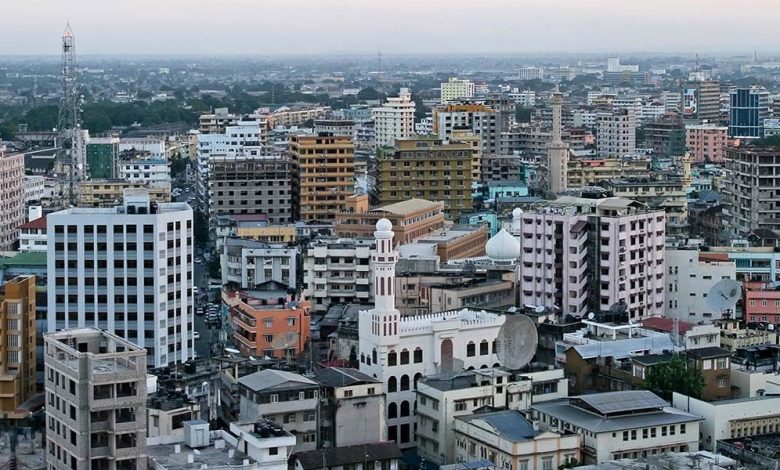
DAR ES SALAAM, Nov 5 (NNN-DAILYNEWS) — TANZANIA is inching closer to access some 150 million US dollars after the International Monetary Fund (IMF) was pleased with the economic programme pace of East Africa’s second largest economy.
The news came after almost two weeks of reviewing and reaching agreement on economic policies based on Tanzania’s 40-month Extended Credit Facility (ECF).
At the conclusion of the mission, IMF Mission Chief for Tanzania Charalambos Tsangarides said “I am pleased to announce that we have reached a staff-level agreement on economic policies to conclude the second review of Tanzania’s economic programme under the ECF arrangement.”
He said the staff-level agreement is subject to approval of IMF management and the Executive Board in the coming weeks.
“Upon completion of the Executive Board review, Tanzania will have access to about 150 million US dollars, bringing the total IMF financial support under the arrangement to about 452.7 million US dollars,” he said.
The country’s reform programme aims to strengthen the economic recovery, safeguard macro-financial stability and support a resilient, sustainable and inclusive growth.
IMF said after modestly rebounding to 4.9 per cent in 2021, real Growth Domestic Product growth weakened to 4.7 per cent in 2022, reflecting the impact of the unfavourable global economic environment and weak growth in agriculture due to low rainfall.
According to IMF, the recovery is expected to pick up starting in 2023, but faces headwinds from the global economy, including volatile commodity prices, subdued growth and tight financial conditions.
It said inflation decelerated to 3.3 per cent (year on year) in September, down from a peak of 4.9 per cent in January this year.
“The medium-term outlook is positive contingent on the steadfast implementation of the authorities’ reform agenda, anchored by the ECF arrangement,” the team leader said.
He said a wide current account deficit (about 6 per cent in FY2022/23) accompanied by tight external financial conditions resulted in pressures in the foreign exchange market but the Bank of Tanzania (BoT) stepped up its forex interventions to provide liquidity to the market, while allowing the exchange rate to depreciate faster than before since July.
The BoT reiterated its commitment to revive the forex interbank market, ensure price discovery that allows a market-clearing exchange rate system and limit forex interventions to address disorderly market conditions.
He said continued tightening of monetary policy will complement efforts to ease pressures in the forex market.
“On the fiscal front, the government is committed to implementing the fiscal consolidation plan envisaged in the 2023/24 financial year budget, which is based on more realistic revenue and expenditure projections,” he said.
Mr Tsangarides said the tax policy and revenue administration efforts will help open fiscal space to tackle substantial human and physical capital needs.
In addition, he said the government is committed to rebalancing the composition of spending in favour of priority social spending to reduce gaps in the provision of education and health services and strengthening the social safety net.
“Business environment and governance reforms are key to unlock the potential of the Tanzanian economy. In this regard, the authorities will continue to implement the Blueprint for Regulatory Reforms, focusing on streamlining regulations and strengthening governance,” he noted.
Efforts to reduce climate change risks by investing in mitigation and adaptation policies will help build a strong foundation for resilient and sustainable growth.
The meetings between IMF staff and Tanzanian authorities aimed to discuss progress on reforms and the authorities’ policy priorities in the context of the second review of Tanzania’s forty-month programme under the ECF.
The arrangement was approved by the IMF Executive Board on July 18, 2022, for a total amount of 1.046 billion US dollars at that time. — NNN-DAILYNEWS



